Sequels have a long-standing reputation for falling short of their originals, leaving fans and critics alike disappointed.
However, amidst the countless follow-ups, some sequels have defied expectations, delivering captivating stories, unforgettable characters, and stunning visuals.
This curated list highlights some of the finest sequels in Hollywood history, proving that lightning can indeed strike twice.
With the announcement of The Devil Wears Prada 2 in the works, anticipation is building. Will it join the ranks of these exemplary sequels, or will it struggle to match the charm and wit of its predecessor? Only time will tell.
-
The Godfather II (1974)
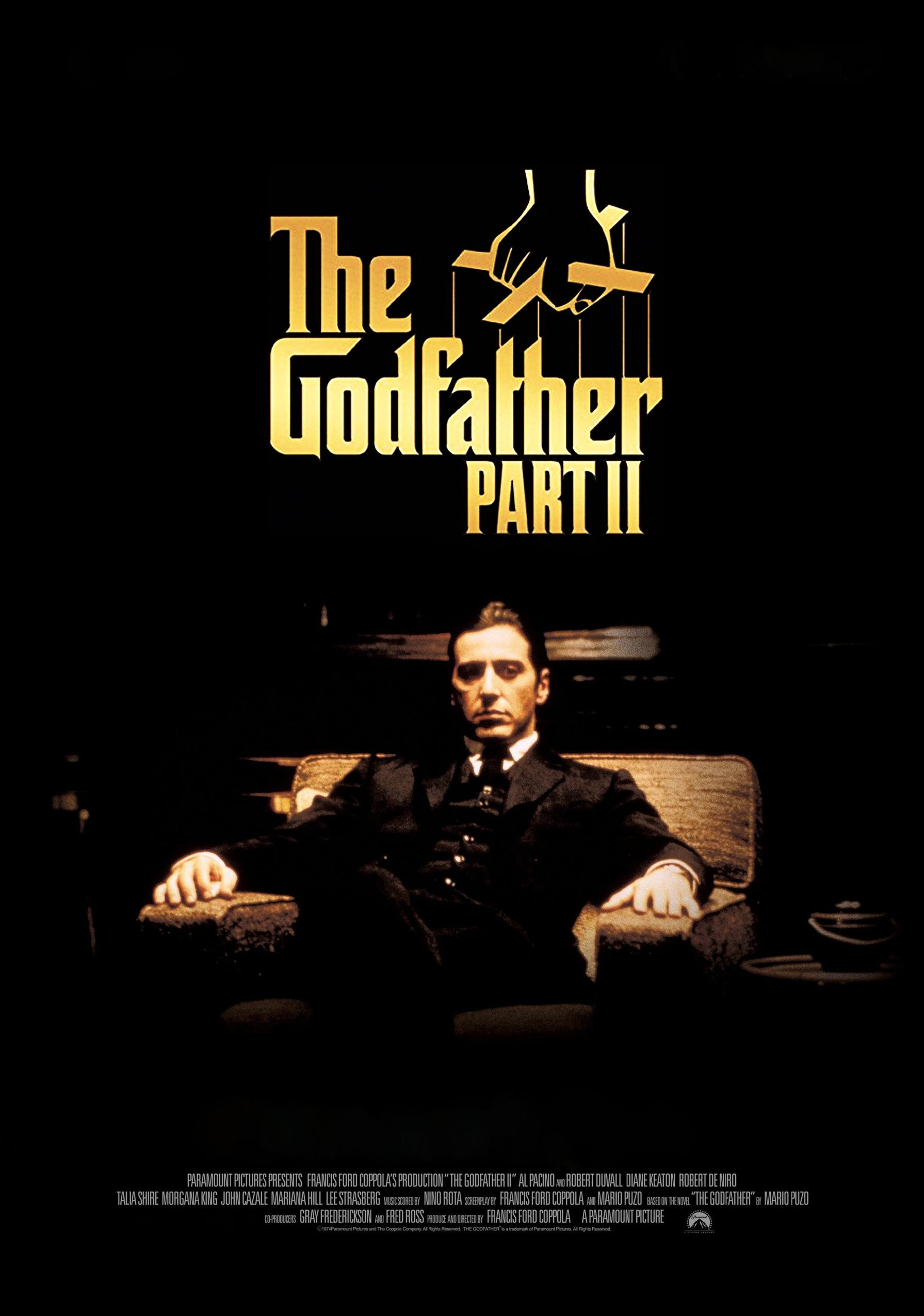
Francis Ford Coppola expanded his 1972 masterpiece with an even grander sequel in 1974's The Godfather Part 2. Over 202 minutes, the film explores the early 20th-century rise of Vito Corleone (Robert De Niro) and contrasts it with his son Michael's (Al Pacino) rule in the late 1950s. Though The Godfather is a timeless classic, its sequel provides a richly detailed and compelling continuation that many believe surpasses the original.
-
Mad Max: Fury Road (2015)
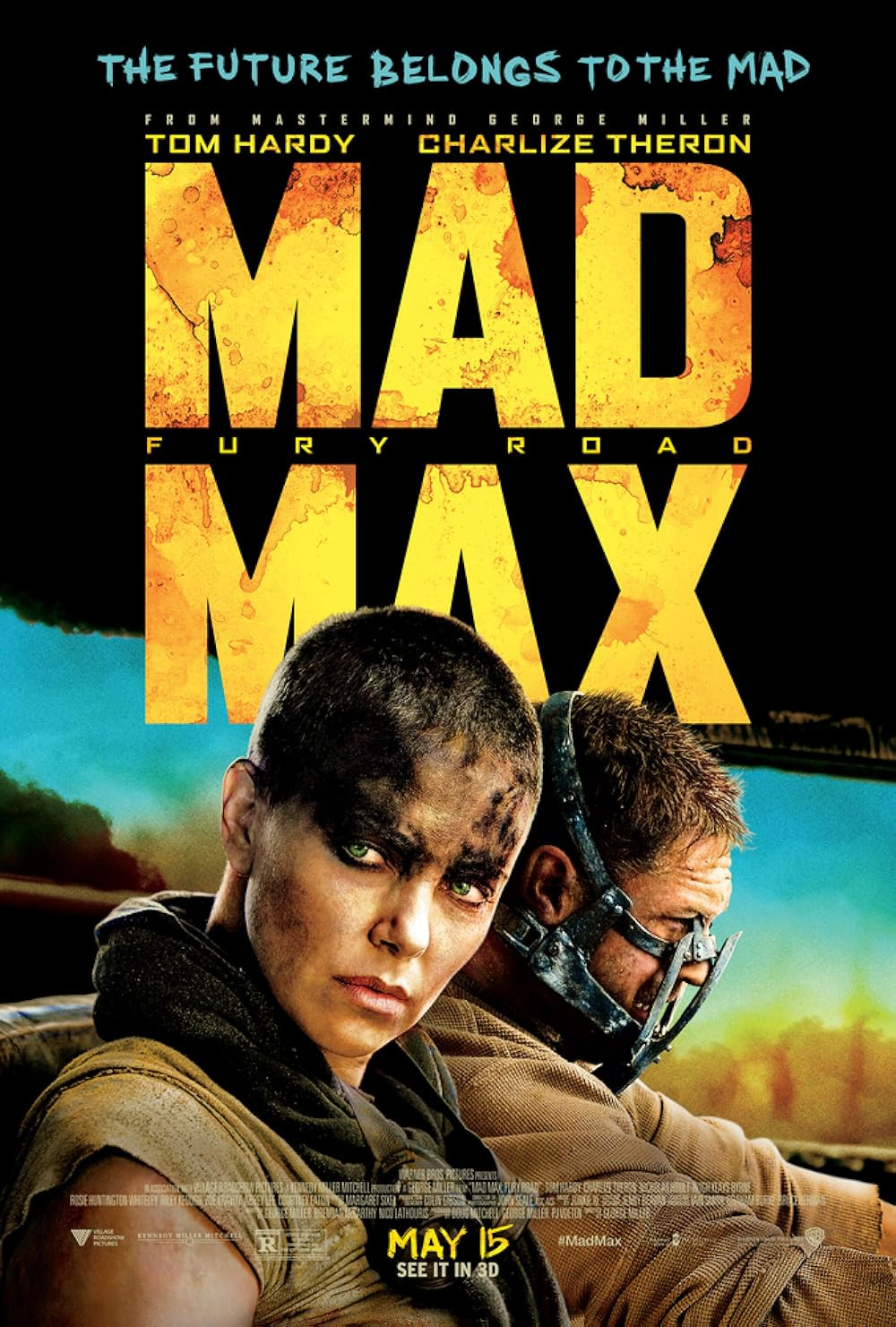
George Miller's Mad Max: Fury Road stormed into theatres in 2015 as a semi-sequel to the Mad Max series. Set after Mad Max Beyond Thunderdome, it follows Max (Tom Hardy), captured by a ruthless warlord. Teaming up with the rebel Furiosa (Charlize Theron), they seek escape but soon decide to build a better world. Bursting with vivid and intense scenes, Mad Max: Fury Road is a remarkably complex and captivating sequel.
-
Ocean’s Twelve (2004)
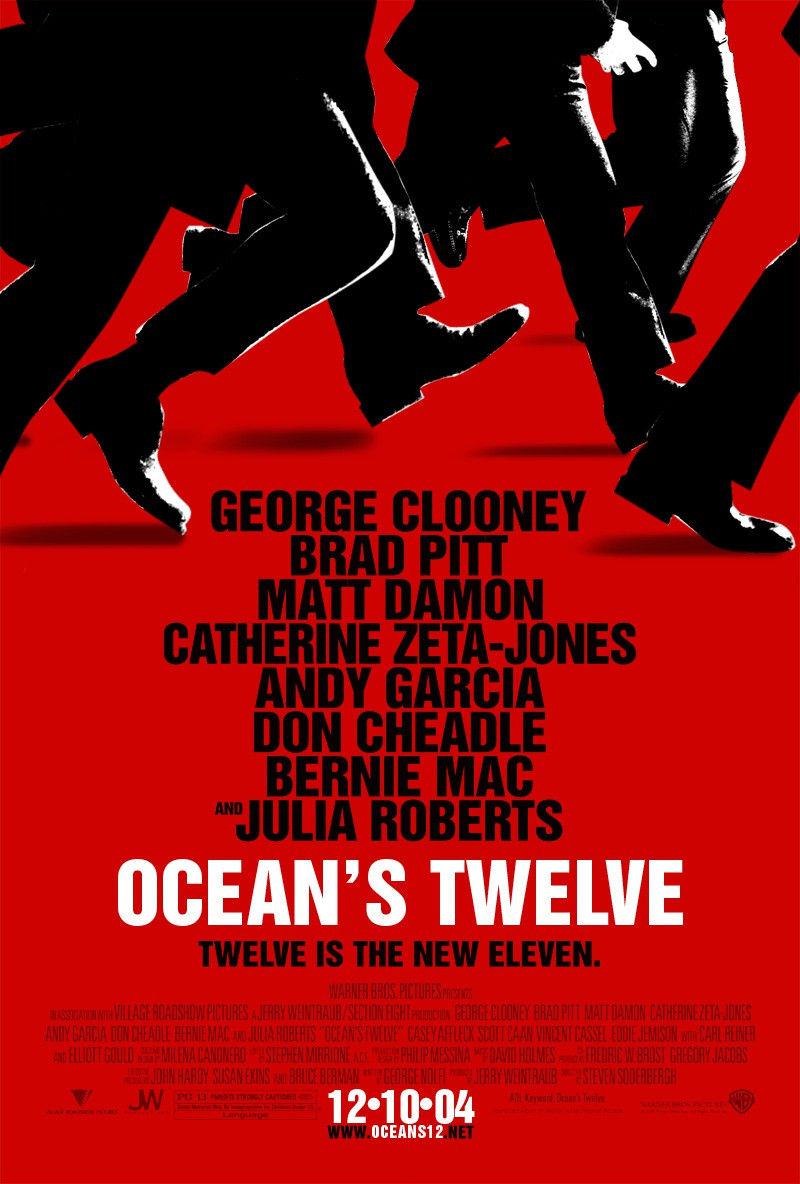
Is the coolest heist crew still the coolest after being pushed around by a mobster, arrested by Italian police, and embarrassed by the French? Absolutely. Steven Soderbergh's sequel was initially criticised for lacking the precision of the original, but its relaxed, hangout vibe has its own charm. The film offers unpredictable humour and stylish visuals set against a backdrop of European luxury. It portrays a world of highly skilled aristocrats and their fragile egos, highlighting the humour in their predicaments.
-
Empire Strikes Back (1980)
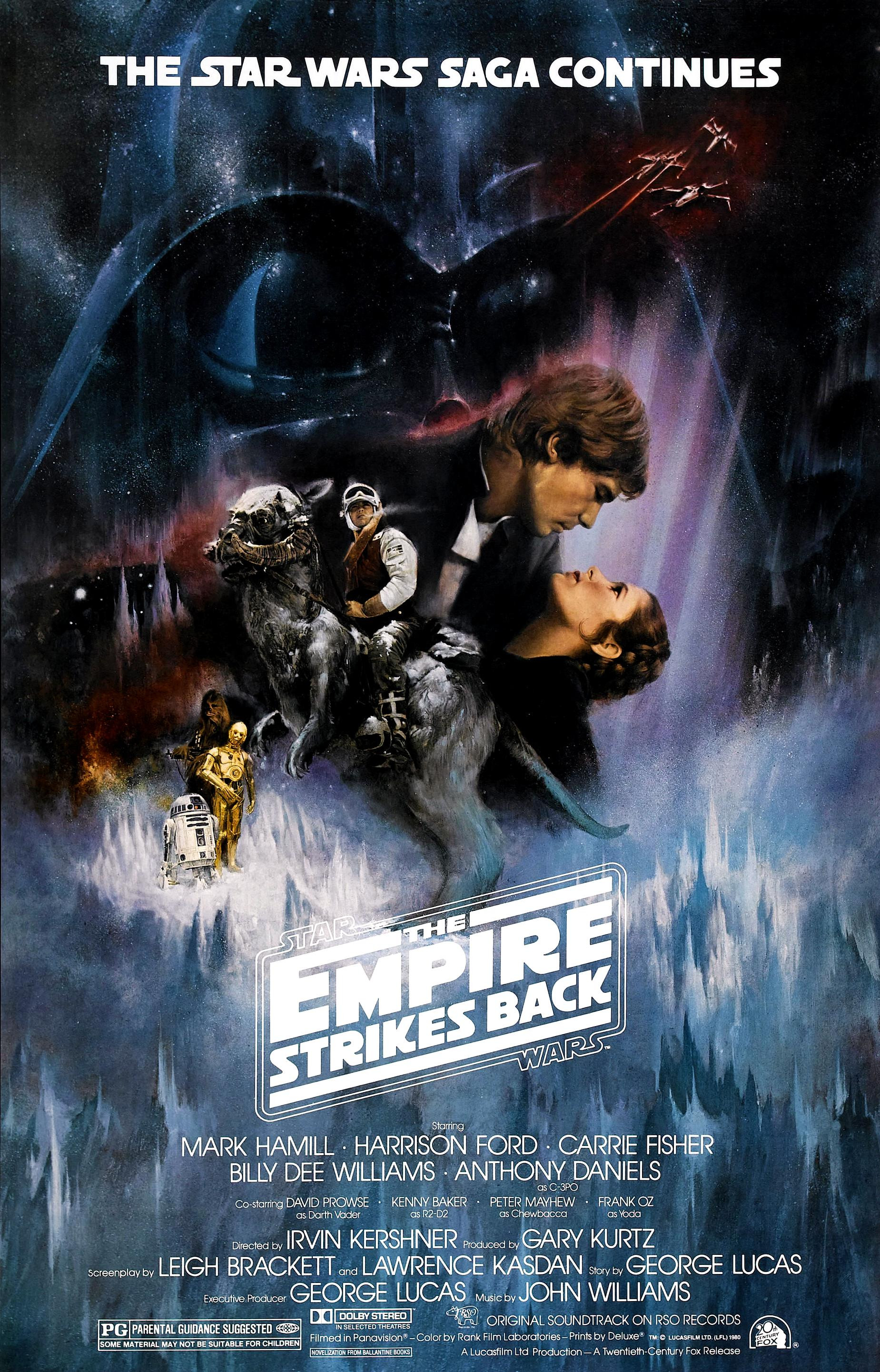
In the 1980s, sequels often had a bad rap for being inferior imitations of the originals. The Empire Strikes Back, directed by Irvin Kershner, completely shattered this notion. Continuing the Rebel Alliance's fight against the Empire, the film follows Luke Skywalker (Mark Hamill) as he trains with Yoda to become a Jedi. Surpassing Star Wars in every aspect, The Empire Strikes Back set the standard for sequels by expanding on the original instead of merely copying it.
-
Blade Runner 2049 (2017)
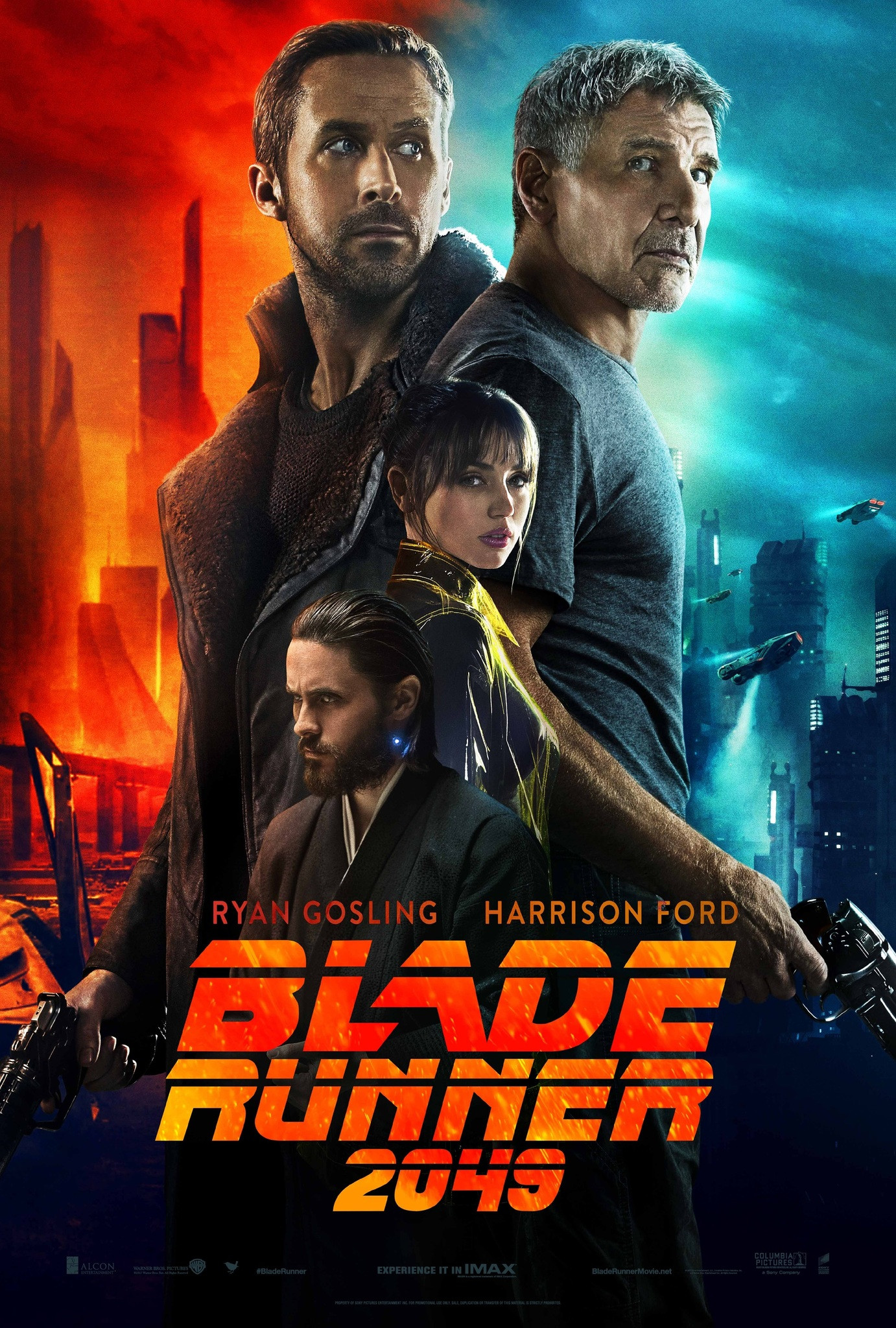
Nearly 40 years after Ridley Scott's groundbreaking film, Denis Villeneuve takes the dystopian vision of Blade Runner to darker and more expansive depths. With Roger Deakins' stunning cinematography, the sequel delves deeper into human and android relationships. The story follows Officer K (Ryan Gosling), an LAPD blade runner, on his mission to find the long-missing Rick Deckard (Harrison Ford). Though lengthy, the film offers rich, thought-provoking content.
-
Top Gun: Maverick (2022)
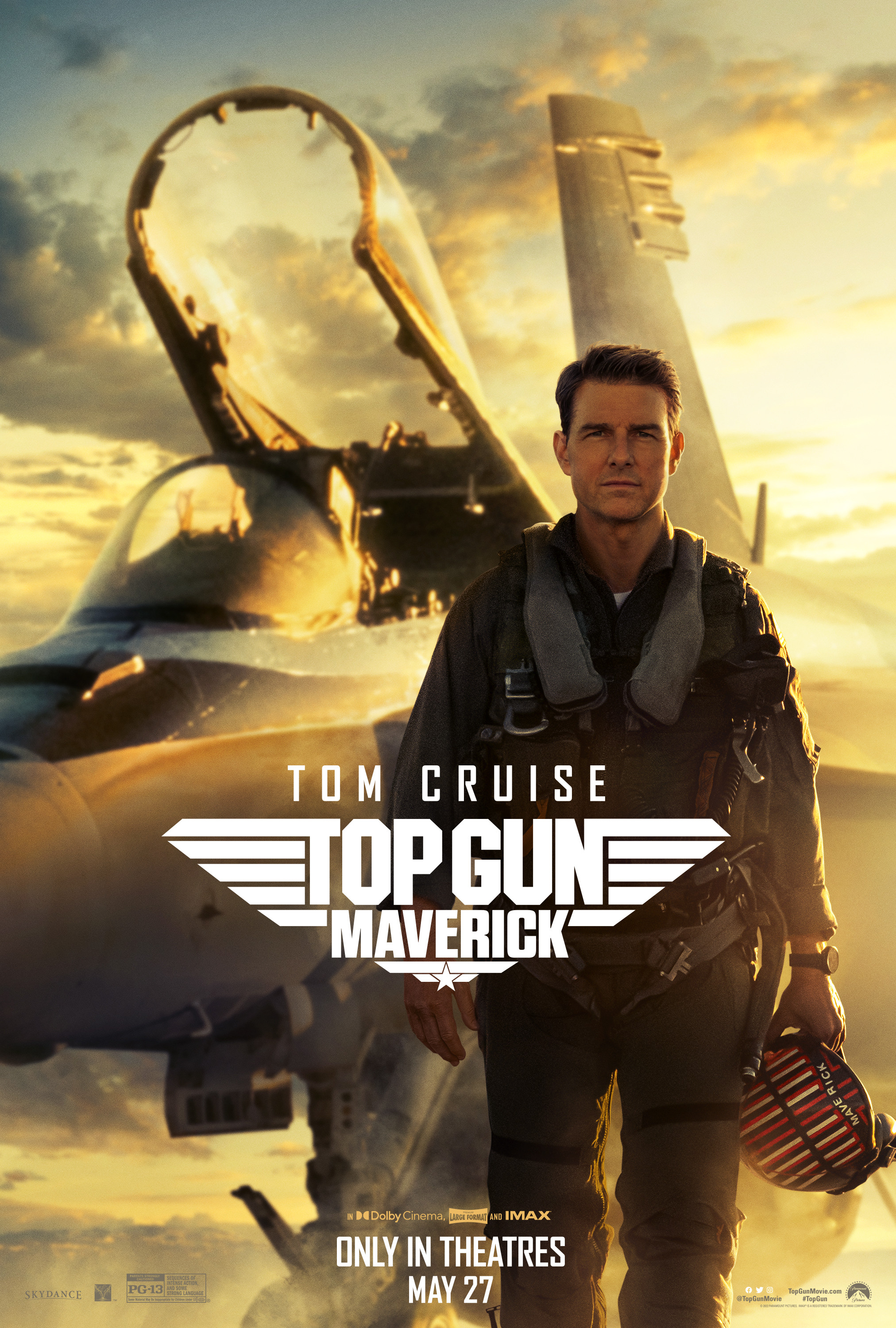
Possibly one of the most loved sequels in recent times, as theatres were still recovering post-COVID-19, Tom Cruise soared in with Top Gun: Maverick. Known for his successful sequels like Mission: Impossible, Cruise delivers a masterfully crafted blockbuster that challenges the notion of limits. Reprising his role as Captain Mitchell, Cruise not only trains a new generation of pilots (including Miles Teller and Glen Powell) but also pushes the boundaries of what artists and humanity can achieve.
-
The Lord of the Rings: The Return of the King (2003)
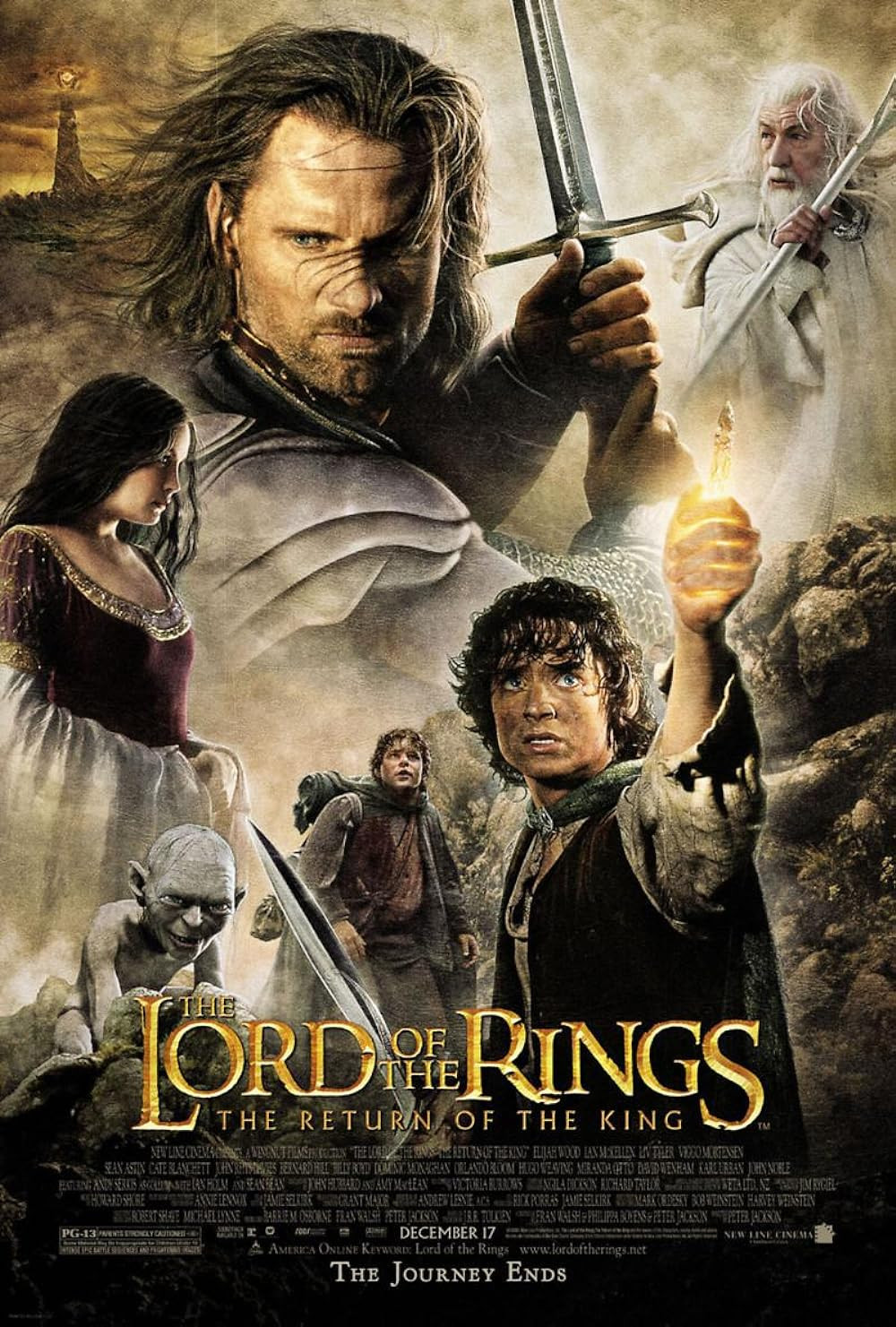
Peter Jackson's Lord of the Rings trilogy is a marvel in itself. This stunning adaptation of J.R.R. Tolkien's novels culminate in the 2003 epic finale, The Return of the King, which brings Frodo's arduous journey through Middle-earth to a close. From Sméagol's tragic transformation into Gollum in the prologue to the fiery climax at Mount Doom, the trilogy redefined blockbuster cinema. Even today, the legacy of the One Ring endures.
-
The Dark Knight (2008)
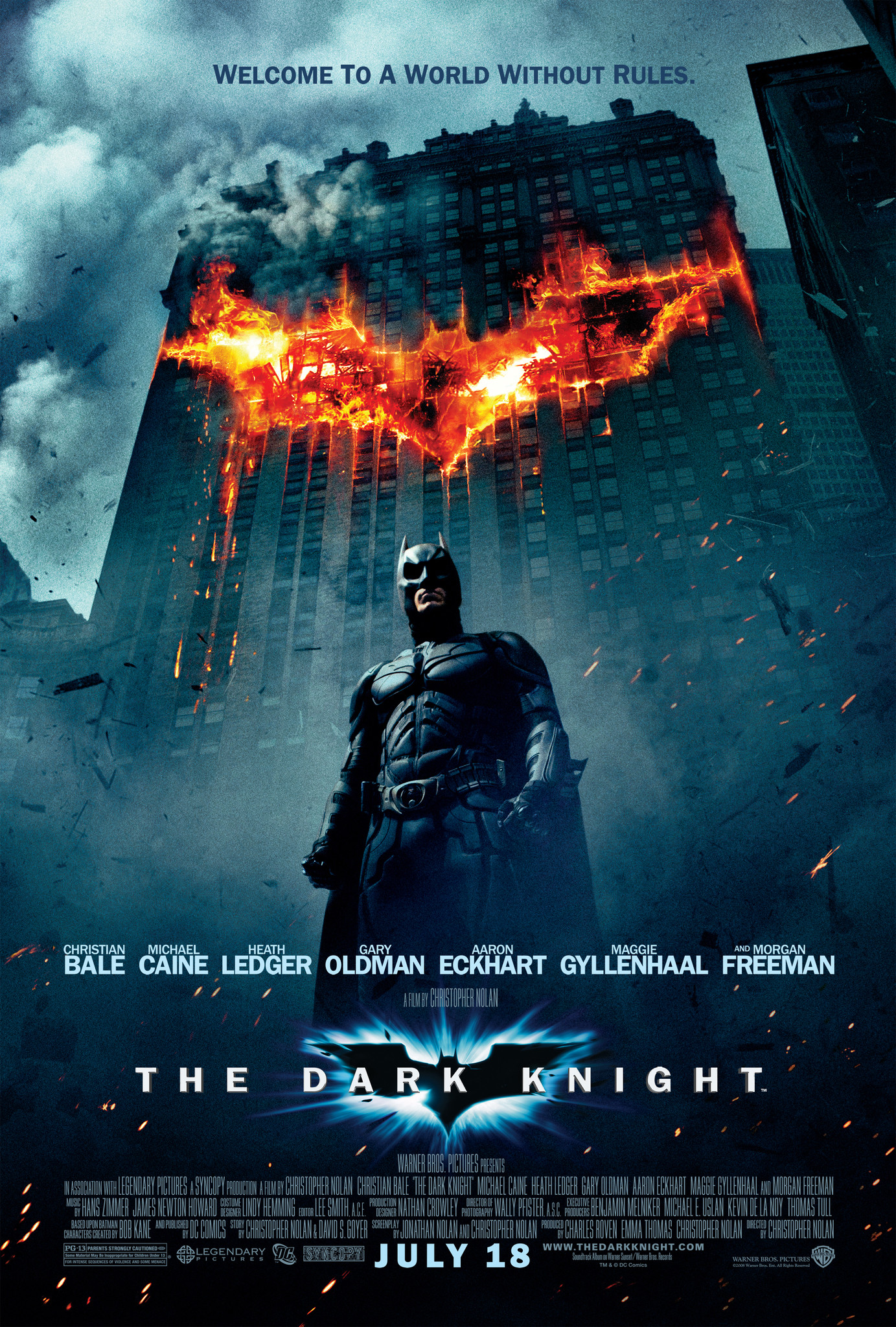
Christopher Nolan revolutionised the superhero genre with his 2008 film, The Dark Knight, a crime epic wrapped in a politically charged narrative. Following the 2005 reboot Batman Begins, this sequel pits Batman (Christian Bale) against the chaotic Joker (a stunning Heath Ledger). Infused with post-9/11 anxieties and Nolan's ambition to echo Michael Mann's Heat, The Dark Knight is vast and impactful, free from shared universe gimmicks and unnecessary post-credits scenes.
-
Before Sunset (2004)
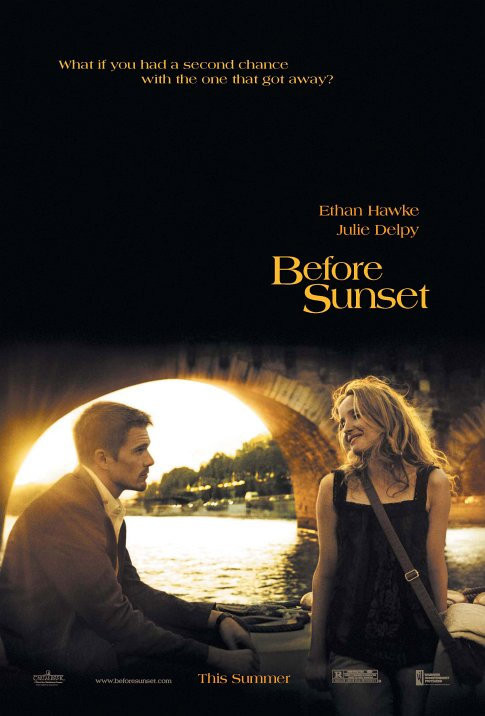
The Before Trilogy spans nearly 20 years, starting in 1995 and concluding in 2013. The second film, Before Sunset, follows Céline and Jesse as they reconnect in Paris years after their first meeting. The movie features an 80-minute conversation about their lives over the past nine years. Despite its simple setup, the film captivates with outstanding writing and performances.
-
Logan (2017)
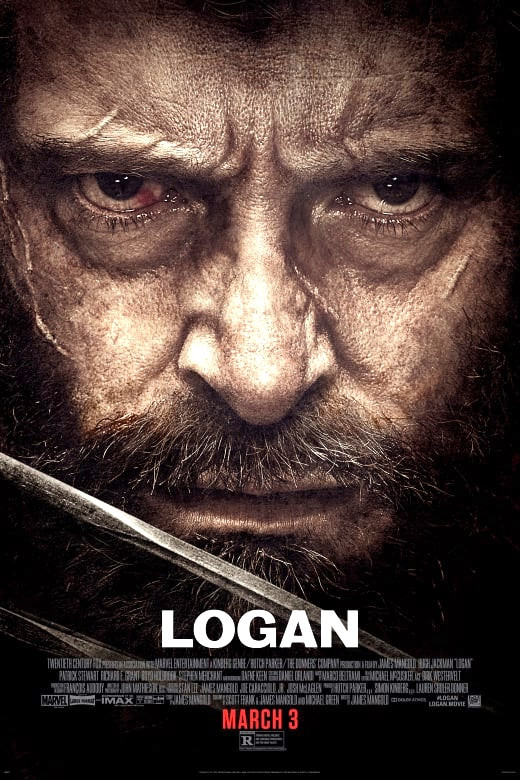
Amidst the superhero boom, James Mangold and Hugh Jackman broke the mould with the neo-Western Logan. As the third Wolverine film in the X-Men series, this R-rated finale stands alone, depicting a future where the last X-Men, Wolverine (Jackman), must protect his genetic ‘daughter’ Laura (Dafne Keen) from a sinister lab. Inspired by Shane and Unforgiven, Logan reimagines the superhero genre as the modern heir to classic Westerns, highlighting its enduring significance.
-
Dune: Part 2 (2024)
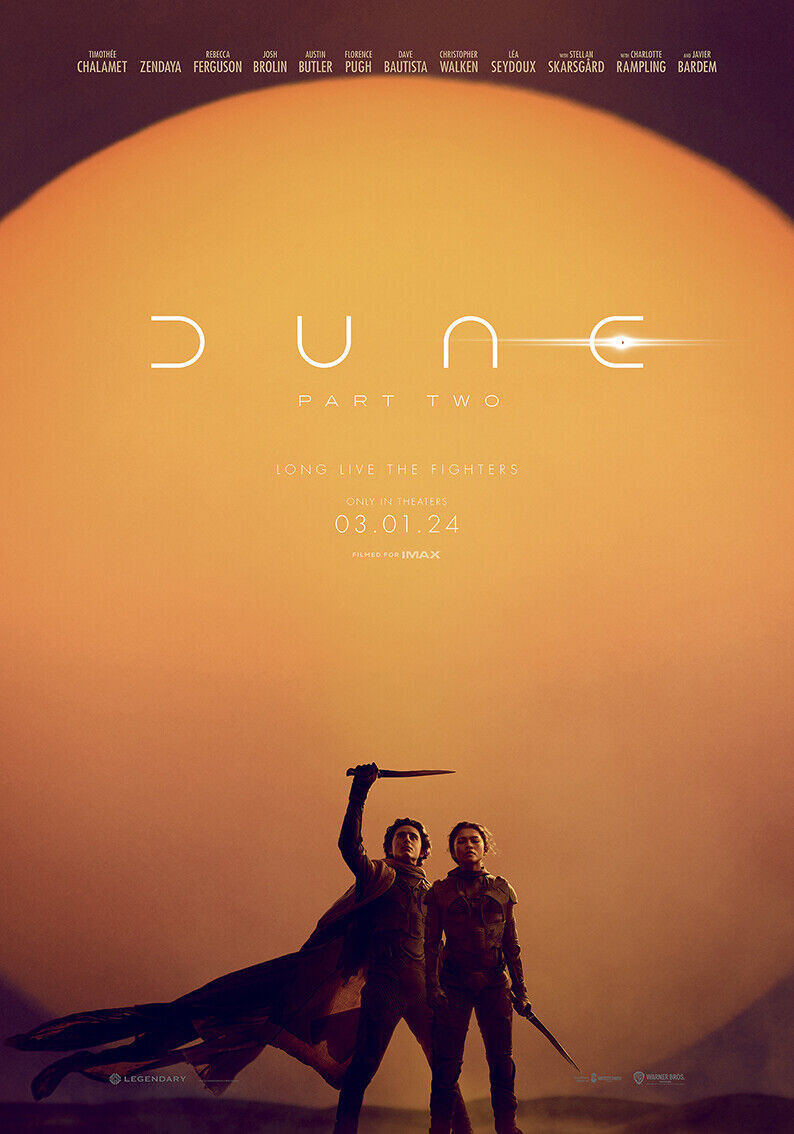
Dune: Part Two isn't just a film to watch; it's a cinematic event you need to experience in theatres. Denis Villeneuve's masterful adaptation showcases some of the finest technical achievements in sci-fi history. From the very first scene, it's clear this movie is something extraordinary, continually surpassing expectations and leaving viewers in awe. The film excels not only in its visuals but also in its storytelling and performances, capturing the essence of Herbert's Messiah complex with precision and depth.
-
Glass Onion: A Knives Out Mystery (2022)
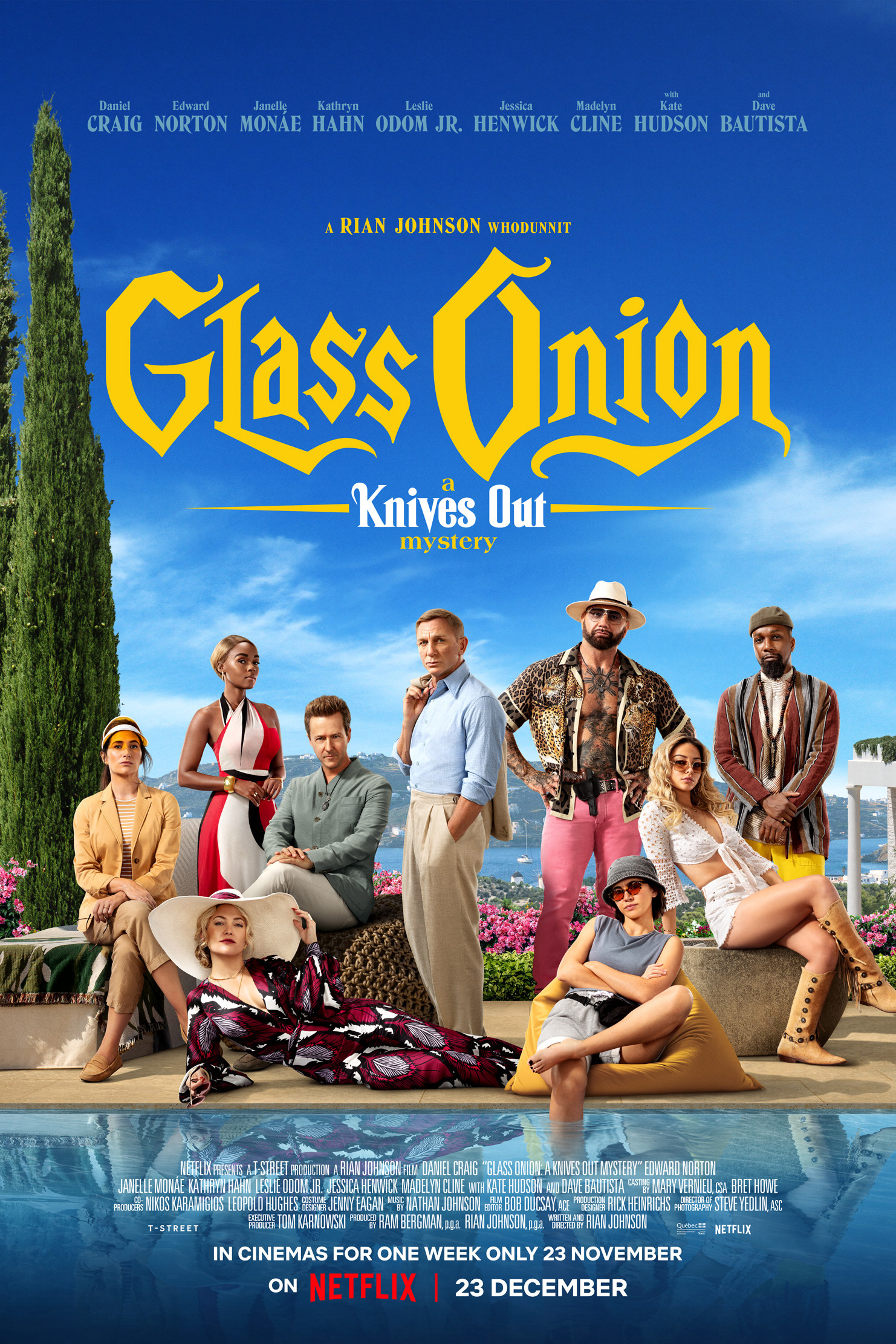
Following the success of 2019’s Knives Out, fans were eager for more of Daniel Craig’s suave detective, Benoit Blanc. In 2022, their wishes were fulfilled with the Netflix sequel, Glass Onion: A Knives Out Mystery. This time, Benoit tackles a case involving a tech billionaire (Edward Norton) and a party on a private Greek island. Set during the scorching summer of 2020, Rian Johnson’s vibrant sequel serves as a sharp satire on the chaos of quarantine life.
-
Aliens (1986)
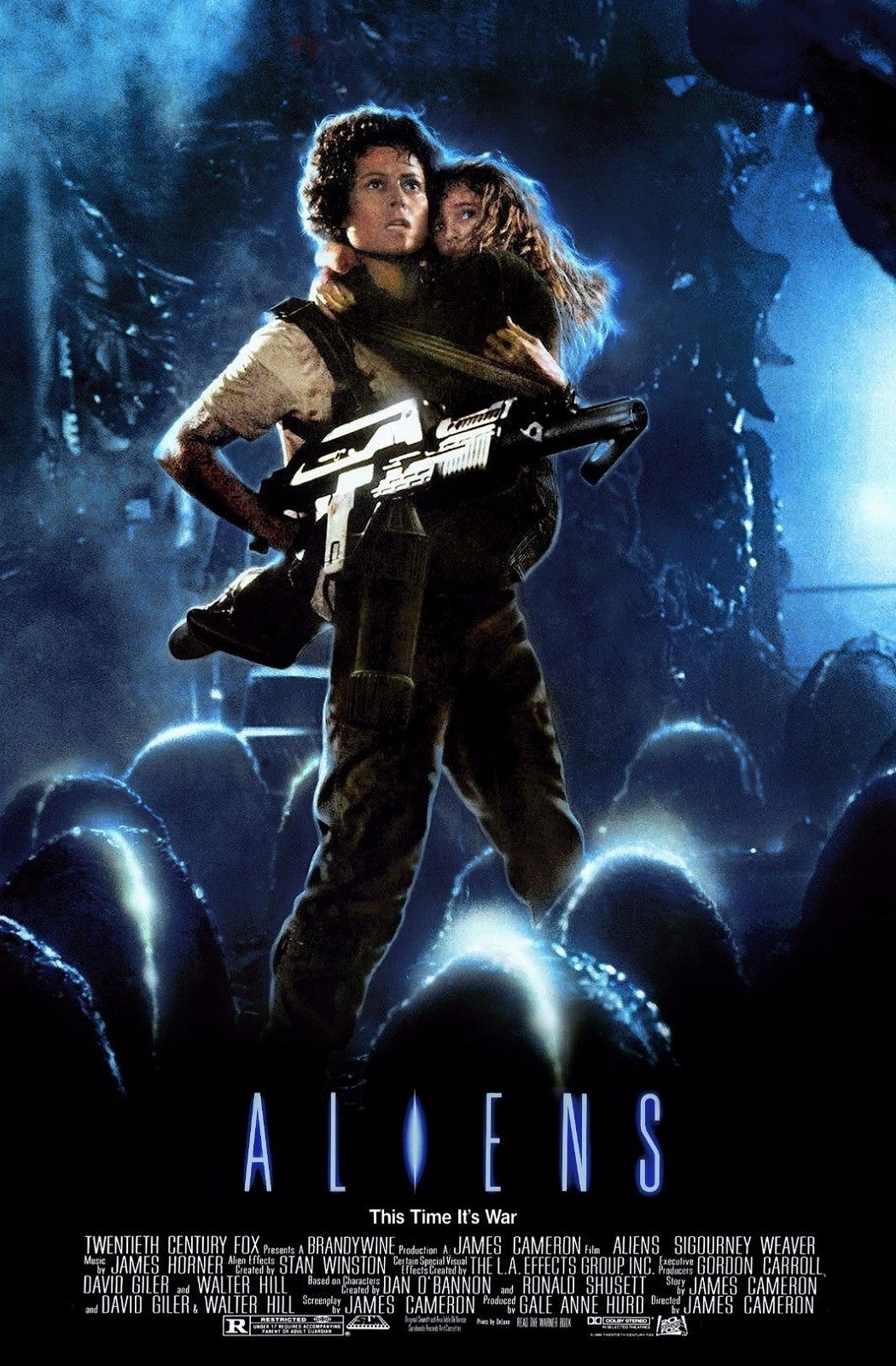
‘In space, no one can hear you scream, but they can definitely hear you shout, Hell yeah!’ Years after Ridley Scott terrified audiences with Alien, James Cameron took the reins with Aliens, an action-packed sequel. Ellen Ripley (Sigourney Weaver) awakens from nearly 60 years in stasis and is tasked by the Weyland-Yutani Corporation to investigate a colony potentially overrun by Xenomorphs. While Aliens lacks the eerie tension of Scott’s original, Cameron’s sequel thrives on its high-octane action.
-
Star Trek II: The Wrath of Khan (1982)
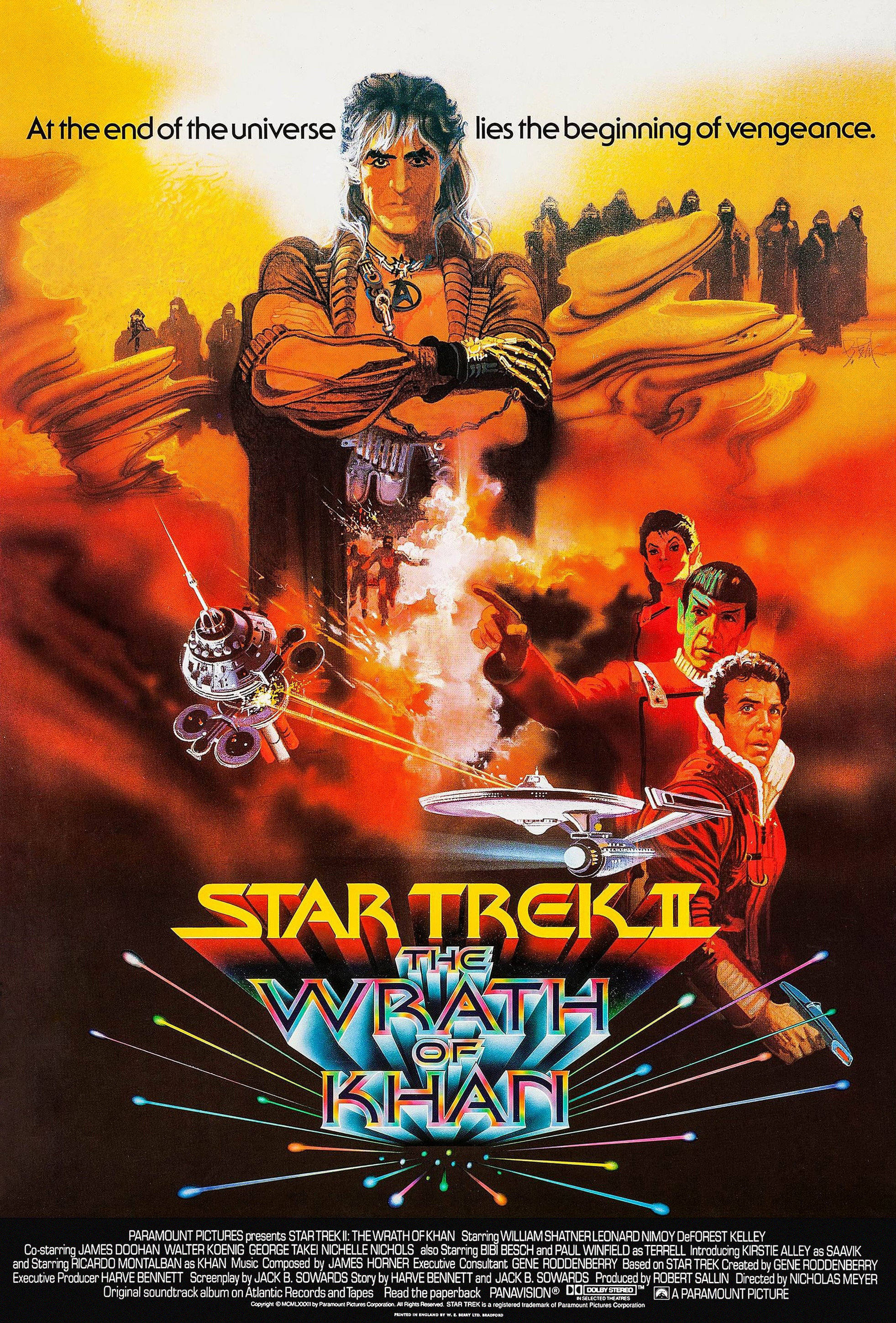
Hailed as one of the best in the Star Trek franchise, Star Trek 2: The Wrath of Khan features Ricardo Montalbán reprising his role as the vengeful warlord Khan from the original series. He seeks revenge against Captain Kirk (William Shatner) in this solemn sequel. The film's powerful conclusion resonates deeply with fans, highlighting the themes of friendship, noble self-sacrifice, and the essence of humanity.


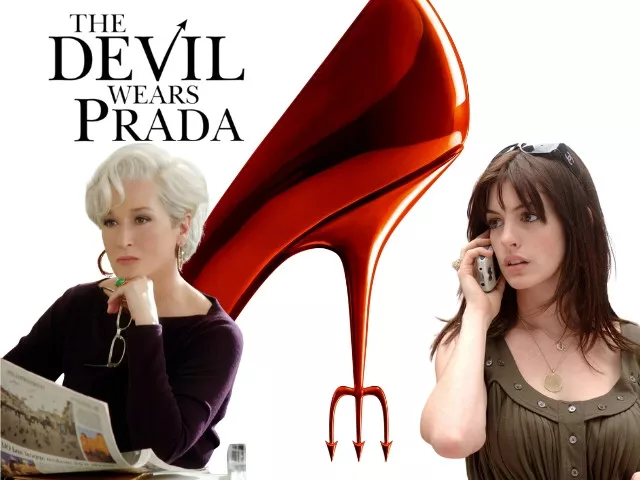






COMMENTS
Comments are moderated and generally will be posted if they are on-topic and not abusive.
For more information, please see our Comments FAQ